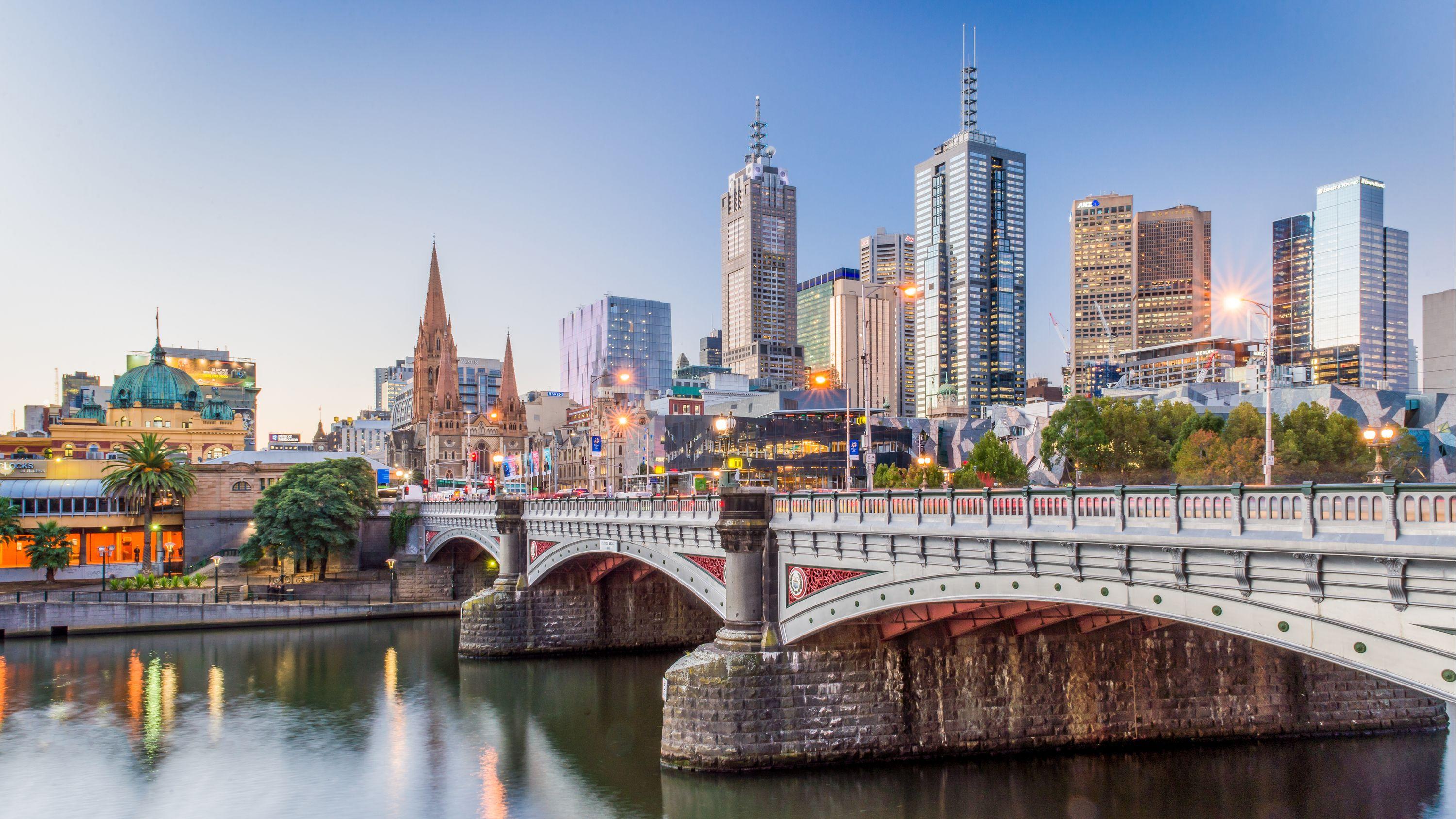Melbourne’s CBD population – and the number of parking tickets – is set to boom under city council projections. Still, the peak property industry group has warned that more needs to be done to get people back into offices.
The City of Melbourne’s draft 2022-23 budget papers, handed down on Tuesday, reveals that expected revenue is forecast to increase by 13% to $538.7m. Still, the number of businesses operating in the CBD is projected to fall by more than 10%.
The CBD’s population is expected to swell to 54,738 – up from the 37,112 forecasts in last year’s budget.
The Property Council of Australia has warned the push to boost city office workers cannot rely on government incentives indefinitely.
The number of CBD businesses is forecast to fall from a projected 9,444 contained in last year’s budget to 8,230 in the next financial year, with business owners struggling amid the city’s lagging office occupancy rate.
The Property Council of Australia’s Victorian head, Danni Hunter, said Melbourne’s business sector, city council, and the state government had to unite to encourage people “to make working in the office the choice they want to make”.
“We have to focus on our office community. That’s the real gap in the increase in the activity we’ve seen in recent months driven by event activation and great hospitality incentives like Melbourne Money,” Hunter said.
“We have to put a renewed focus on encouraging and incentivizing people to return to the office, and that can’t rely on government incentives ever.”
According to the budget papers, there is “an expected increase in CBD activity and visitation as revenue recovers to post-Covid levels” next financial year.
As a result, the budget has forecast a 64% increase in revenue – amounting to a $15.9m rise – from parking fines and a $9m increase in parking fee income.

Earlier this month, the council and state opposition had criticized the Andrews government’s state budget for its lack of CBD recovery funding.
At 36%, Melbourne’s office occupancy lags behind the rest of Australia, with Sydney slightly ahead at 42%. Adelaide leads the nation at 59%, followed by Brisbane at 51%.
After two years of rates relief to ease pressures during the pandemic, the council will implement a 1.75 % increase to align with the state government’s cap.
Rates revenue alone is forecast to be $345.6m – up 6% from the past financial year.
Melbourne’s lord mayor, Sally Capp, said the budget aimed to bring people back to the city.
“We’ve designed a budget that delivers on what matters most – making our city cleaner, delivering more events, and bringing people back to the city,” Capp said.
“We’re investing in growing our economy beyond pre-pandemic levels and creating more jobs, events, and amenities for our residents, traders, and visitors.”
Hunter said the budget struck the right balance between a “modest rate increase” and investments in city precincts like the $300m Greenline project – which has $40m allocated in the council’s budget – and $25m for “activation” events like festivals.
“It’s so critically important for bringing people back into the city,” she said.
Sign up to receive an email with the top stories from Guardian Australia every morning.
Hunter said the property council was excited to see momentum building around the Greenline project. Federal Labor has committed to investing $20m into the Greenline project – creating a 4km promenade along the Yarra River – if it wins the federal election on Saturday.
“Greenline is an amazing place-making opportunity for Melbourne – bringing a bit of New York to Melbourne and keeping Melbourne on the global map while making great use of one of our most important assets – the Yarra River,” she said.
“It’ll be very important in the post-Covid economy recovery that our focus on projects and precincts is front and center.”











